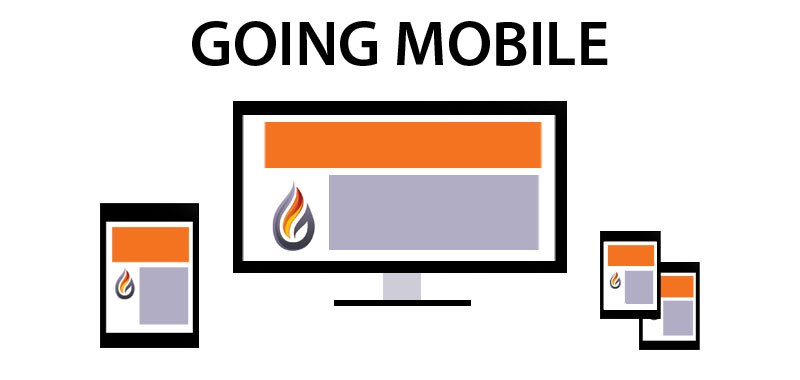Today’s digital economy has entered the mobile revolution. Workplaces require employees to use a range of devices, averaging 3 devices in daily routine. This demand for mobile technology I expected to increase, with mobile phone sales reaching 2.1 billion units by 2019 (Gartner Inc., 2015). With the increase in demand for mobile technology, organisations are developing mobile apps. These apps have specific functions, such as time recording, billing, and equipment maintenance.
However, before beginning the development process, a range of factors should be considered:
1. How to secure data captured, stored and integrated using the app.
There are two main security objects for small- and medium-size businesses, the ability to disable devices remotely, and the device interoperating with existing safeguards. Businesses should consider tried-and-tested security options, including firewalls, anti-virus software, spam, spyware and malware protection, and newer options such as Anti-Theft Technology offered by Intel.
There are two main security objects for small- and medium-size businesses, the ability to disable devices remotely, and the device interoperating with existing safeguards. Businesses should consider tried-and-tested security options, including firewalls, anti-virus software, spam, spyware and malware protection, and newer options such as Anti-Theft Technology offered by Intel.
2. How the app fits with existing infrastructure, workflow and integration.
For efficient use of mobile apps, the data collected must integrate with current data collection, access and storage.
For efficient use of mobile apps, the data collected must integrate with current data collection, access and storage.
3. Platform dependence.
This typically refers to applications that run under only one operating system. If multiple devices are used in a business, they must utilize the same operating system to ensure communication between devices.
This typically refers to applications that run under only one operating system. If multiple devices are used in a business, they must utilize the same operating system to ensure communication between devices.
4. Transaction types suited to mobile apps.
There are certain tasks that can be completed smoothly on mobile app, whereas others are much easier to complete on a computer. Businesses should be aware of what tasks invlve and can be efficiently completed on mobile app prior to developing the software.
There are certain tasks that can be completed smoothly on mobile app, whereas others are much easier to complete on a computer. Businesses should be aware of what tasks invlve and can be efficiently completed on mobile app prior to developing the software.


